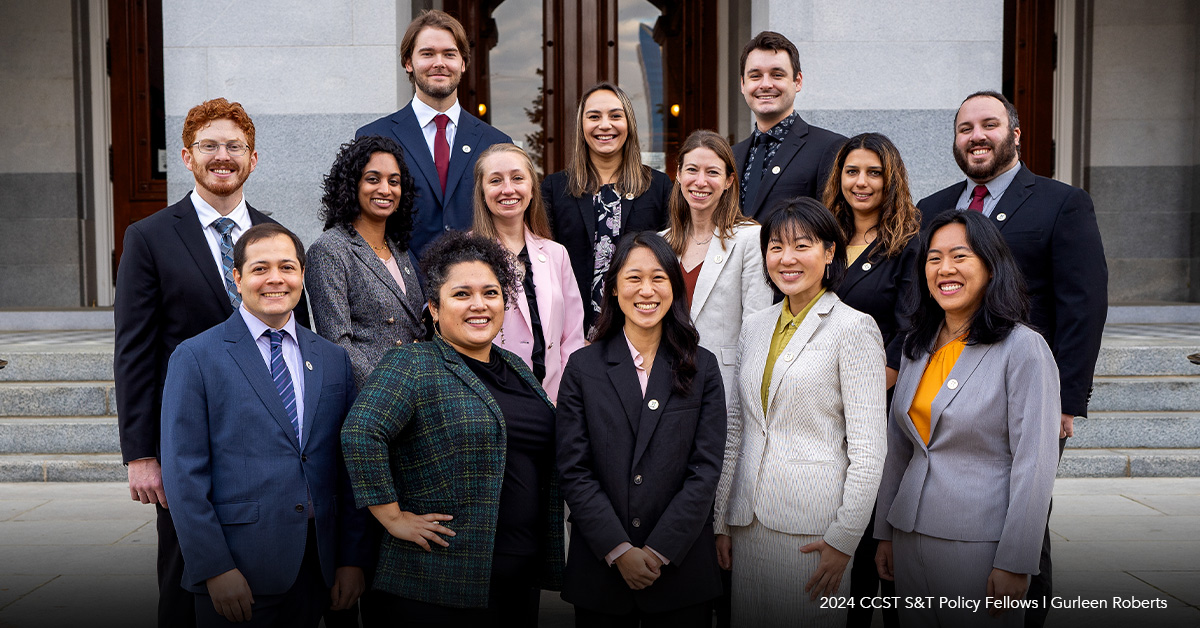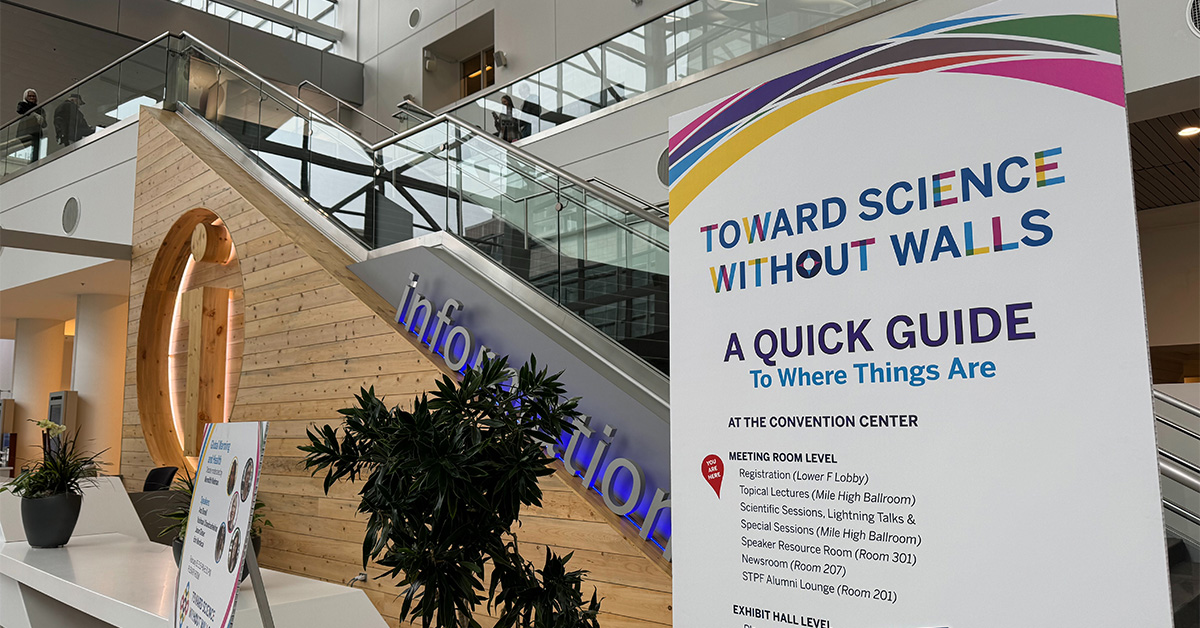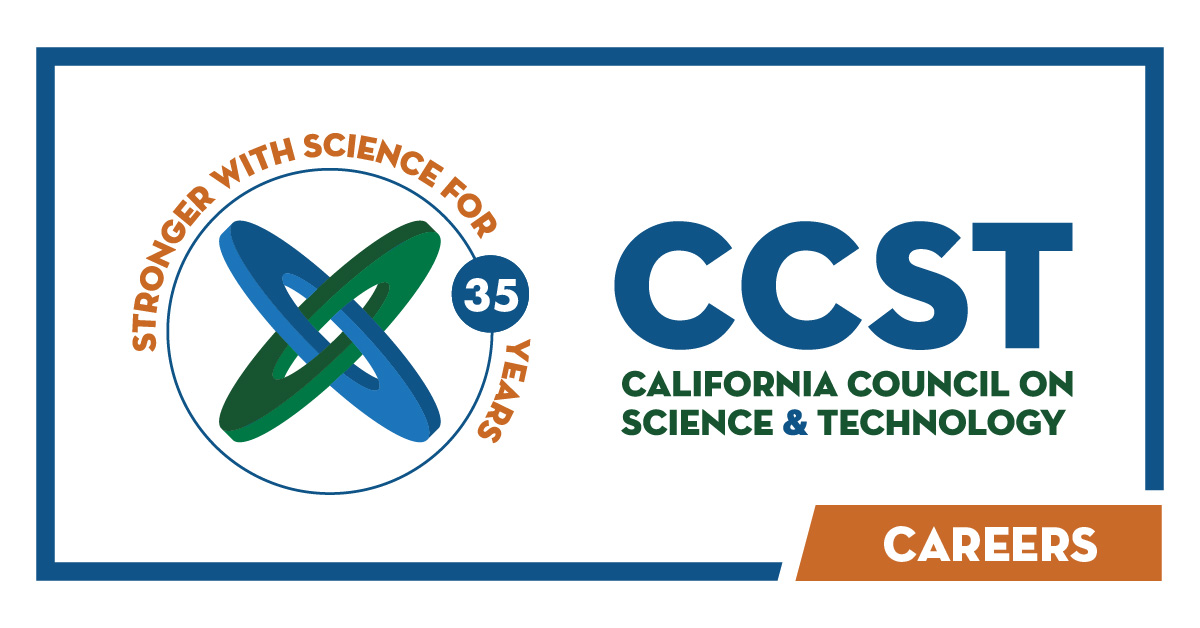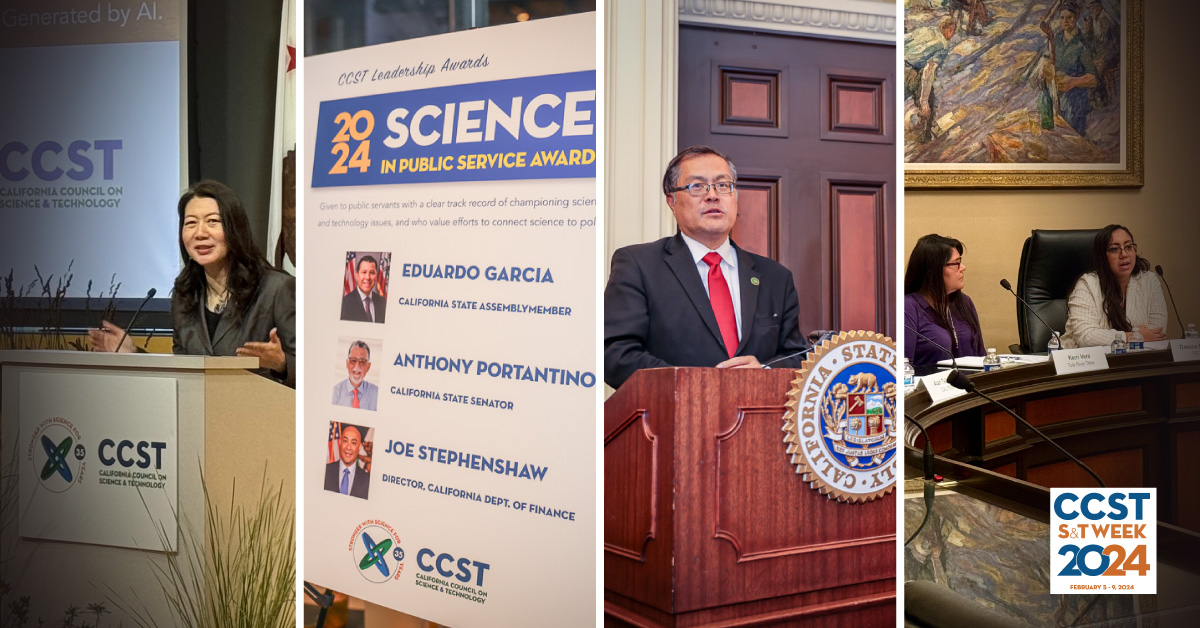CCST Council Member Alice Huang to begin term as AAAS President
November 16, 2009 | Beyond California, CCST Newsroom | Contact: M. Daniel DeCillis
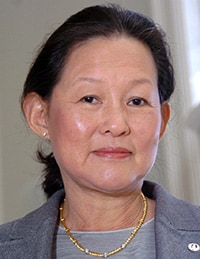
CCST Council member Alice Huang discussed science policy at the state and national level in an address to the Council in October. Having completed the second of two terms as a CCST Council member, she will assume the presidency of the American Association for the Advancement of Science (AAAS) in February 2010. She was designated President-Elect at the February 2009 AAAS meeting.
“I am sorry to be leaving CCST, because it has been a very valuable experience,” she told the Council.
Huang discussed the scope of the issues she will be facing as president of AAAS, including climate change, making information available to policy makers and the public, and science education. As she pointed out, California faces policy decisions affecting all of these, and CCST’s role is not dissimilar to that of AAAS.
“This is an exciting time to be on the scene in Washington, D.C.,” she said. “There is a great deal of activity going on at AAAS, much of it behind the scenes. There is also a remarkable confluence of scientists with tremendous credentials in the capital right now, both leading and working for a wide range of agencies, many of whom know each other.”
Currently, Huang is a senior faculty associate in biology at the California Institute of Technology, where she was previously a senior councilor for external relations. She is a distinguished virologist, having received the Eli Lilly Award in Immunology and Microbiology (1977) and the Alice C. Evans Award (2001); she is a past-president of The American Society for Microbiology. She has honorary doctorates of science from Wheaton College, Mt. Holyoke College, and the Medical College of Pennsylvania. She was appointed a CCST Council member in 2004.
“AAAS and CCST are part of the same community,” said Huang. “Both organizations are comprised of dedicated members of the scientific community hoping to really move science forward so that it can contribute effectively to the national welfare as well as to the world.”

